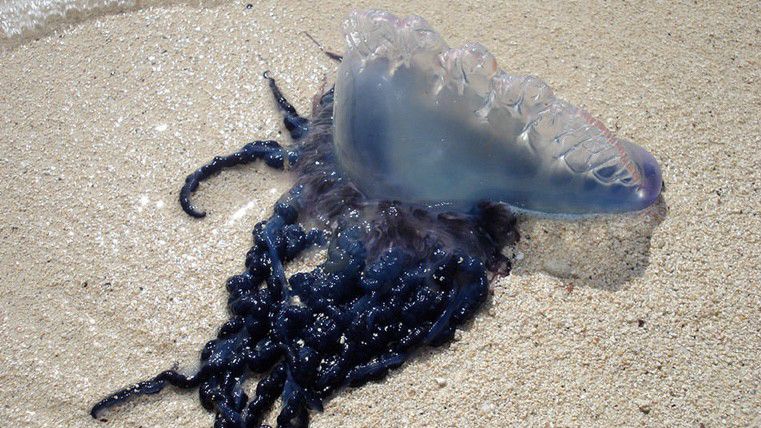WILMINGTON, N.C. — The University of North Carolina Wilmington is using a nature-based approach to reduce stormwater runoff pollution. It’s called permeable pavement, which allows water to soak into the ground instead of flowing directly into drains and into the area’s waterways.
Permeable pavement helps to reduce stormwater runoff pollutants by filtering the water through layers of soil and gravel
UNCW has around 46,000 square feet of permeable pavement
The funding for this project is from a section 319 NPS grant program
Unlike traditional asphalt, the water seeps into the pavement and is filtered by layers of soil and gravel, which ultimately reduces pollutants in stormwater runoff. UNCW’s Chief Sustainability Officer, Feletia Lee, said it’s a thrilling concept.
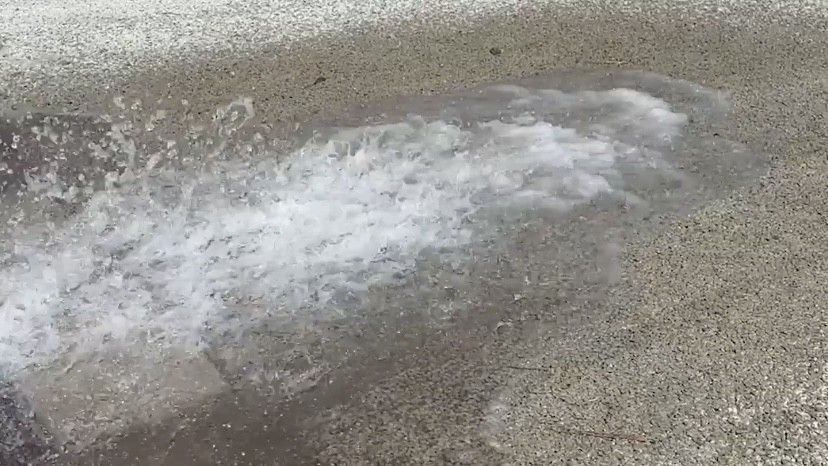
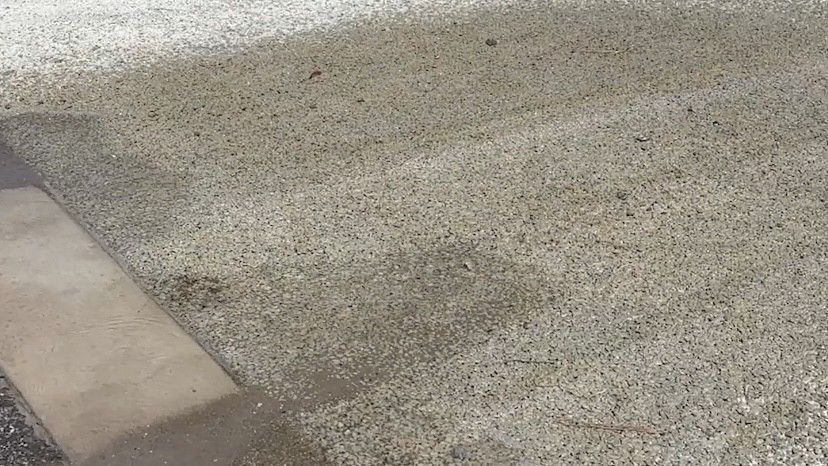
“I’m really excited about it. It makes me happy to see it work,” Lee said. “It’s an amazing thing to stand here when it’s raining and watch the water just soak straight through.”
It’s all part of UNCW’s Watershed Restoration Plan, which also includes the installation of five rain gardens, and additional plans for more permeable pavement areas around campus.
“Altogether,” Lee explained, “these projects keep about 315,000 gallons of polluted stormwater from flowing into Bradley Creek every time it rains.” From Bradley Creek, that water eventually flows into the ocean, which is why Lee said mitigating that polluted runoff is so important.
“All of it is connected and that pathway of pollution goes from this parking lot all the way to the ocean,” Lee said, “so even though you may be at Wrightsville Beach hanging out and having a good time, you’re still effected by what happens on this parking space.”
Lee said these changes may seem small now, but they will continue to benefit both students and waterways for generations.
“Being able to play in the ocean, to go fishing, to eat, to be connected altogether on campus is something that’s really important to me personally,” Lee said. “And I take great pride in the work we do to continue protecting those spaces for Seahawks to come.”
All University of North Carolina school system campuses make use of permeable pavement in some way, and UNCW, specifically, has installed about 46,000 square feet. Lee said UNCW will continue working with the North Carolina Coastal Federation and the City of Wilmington’s Heal Our Waterways Program, which has provided hundreds of thousands of dollars in grant funding to make these installations possible.
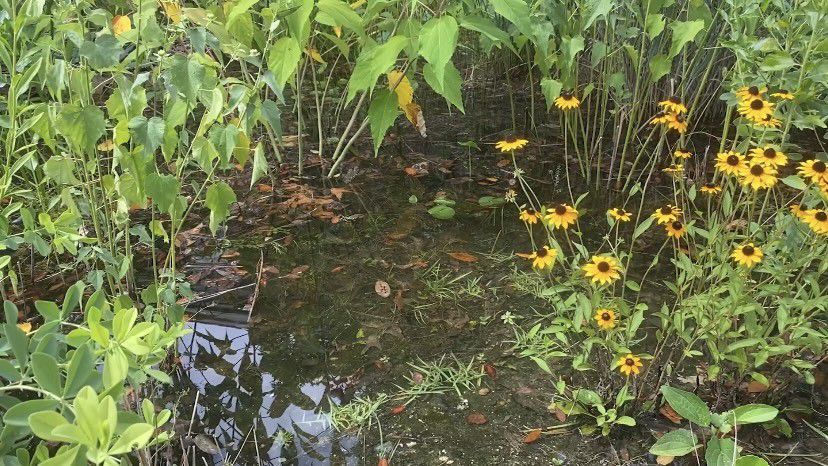







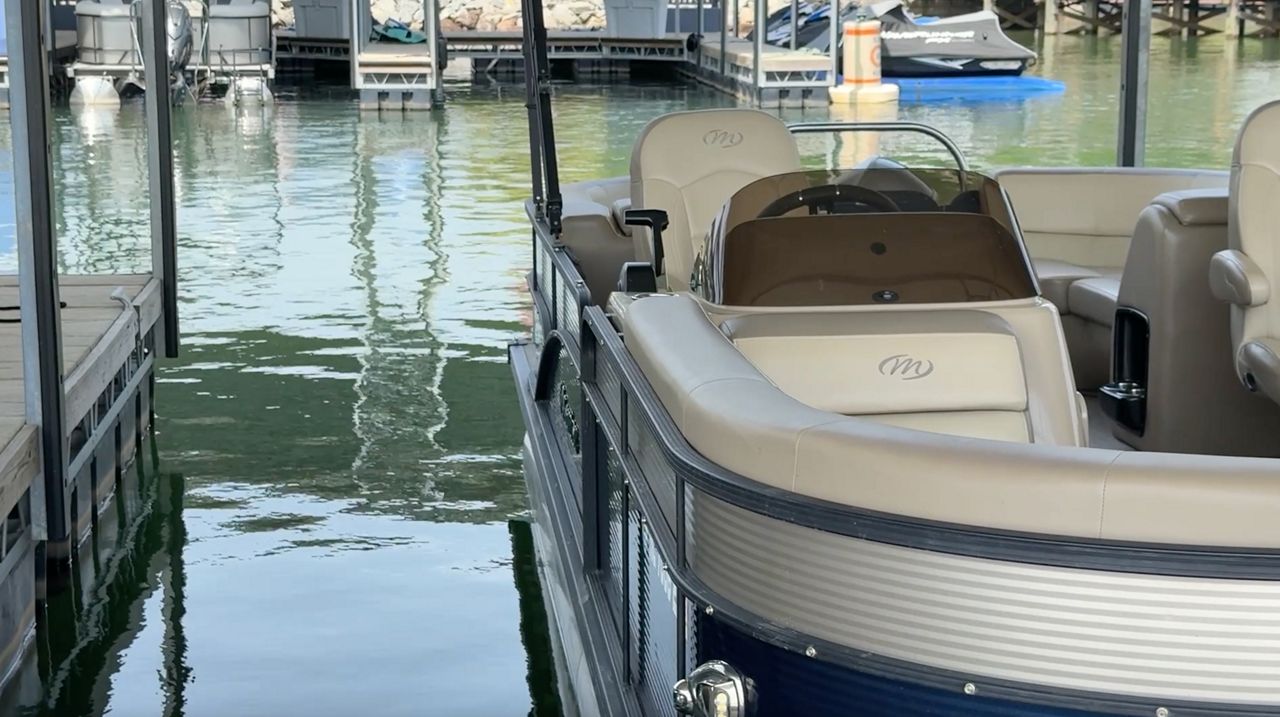
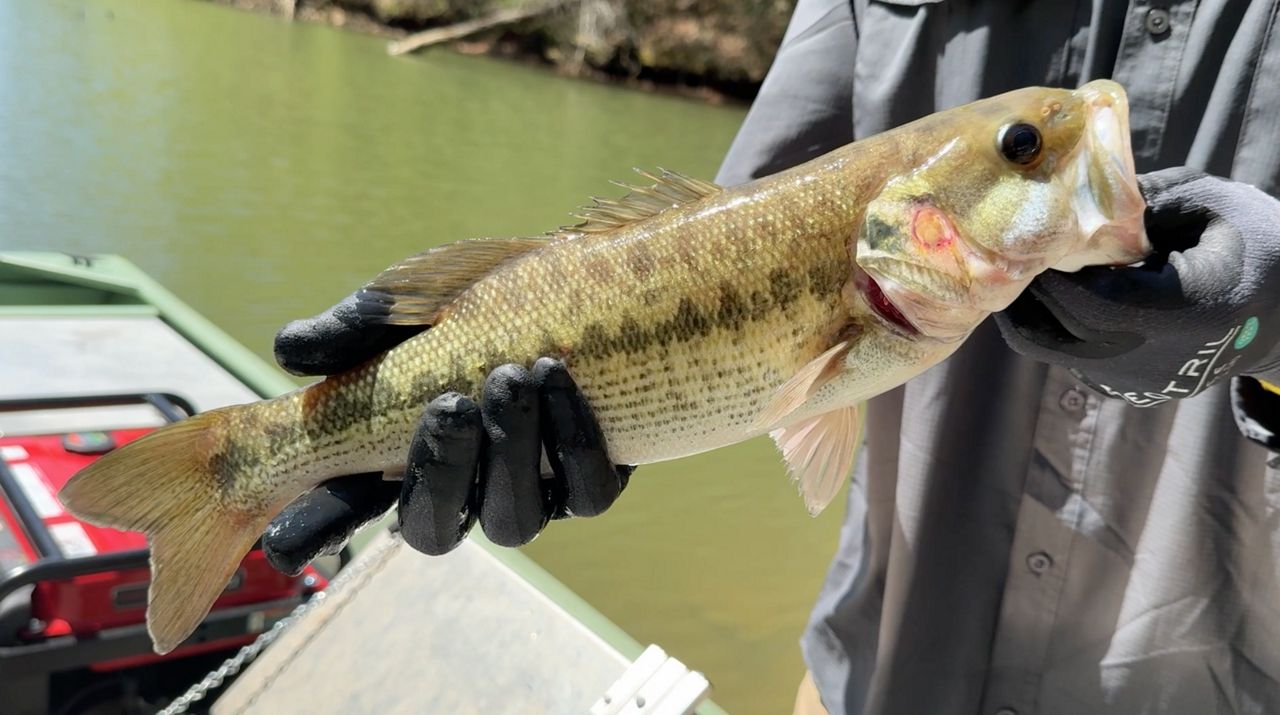
)
